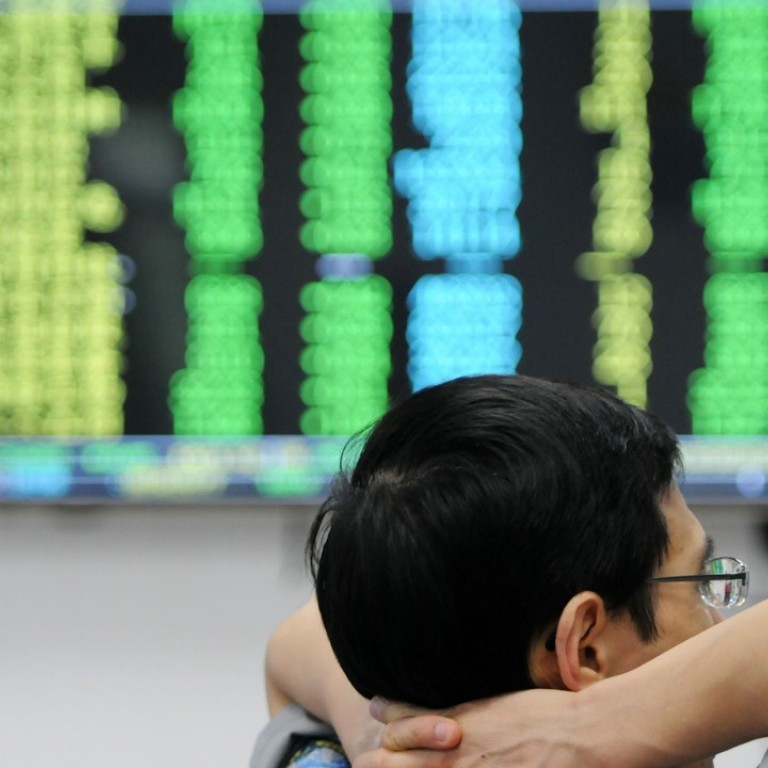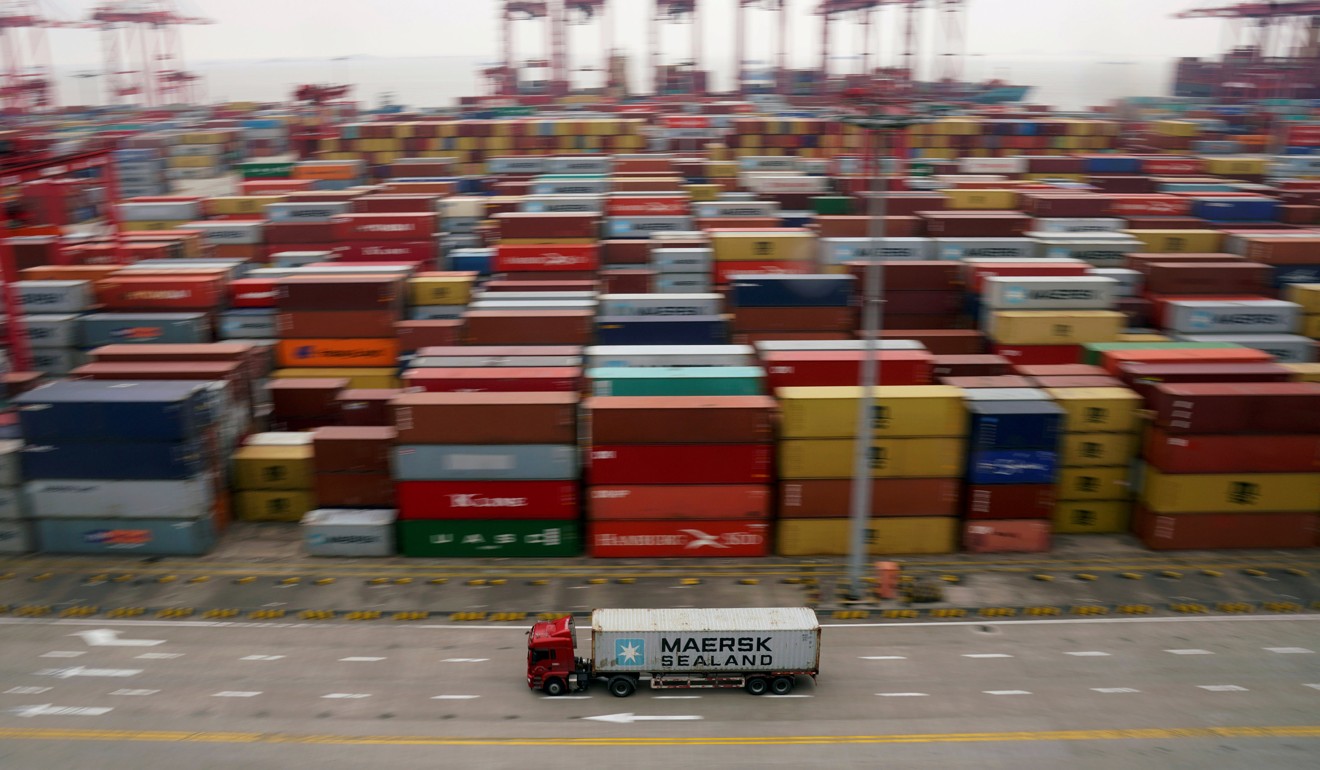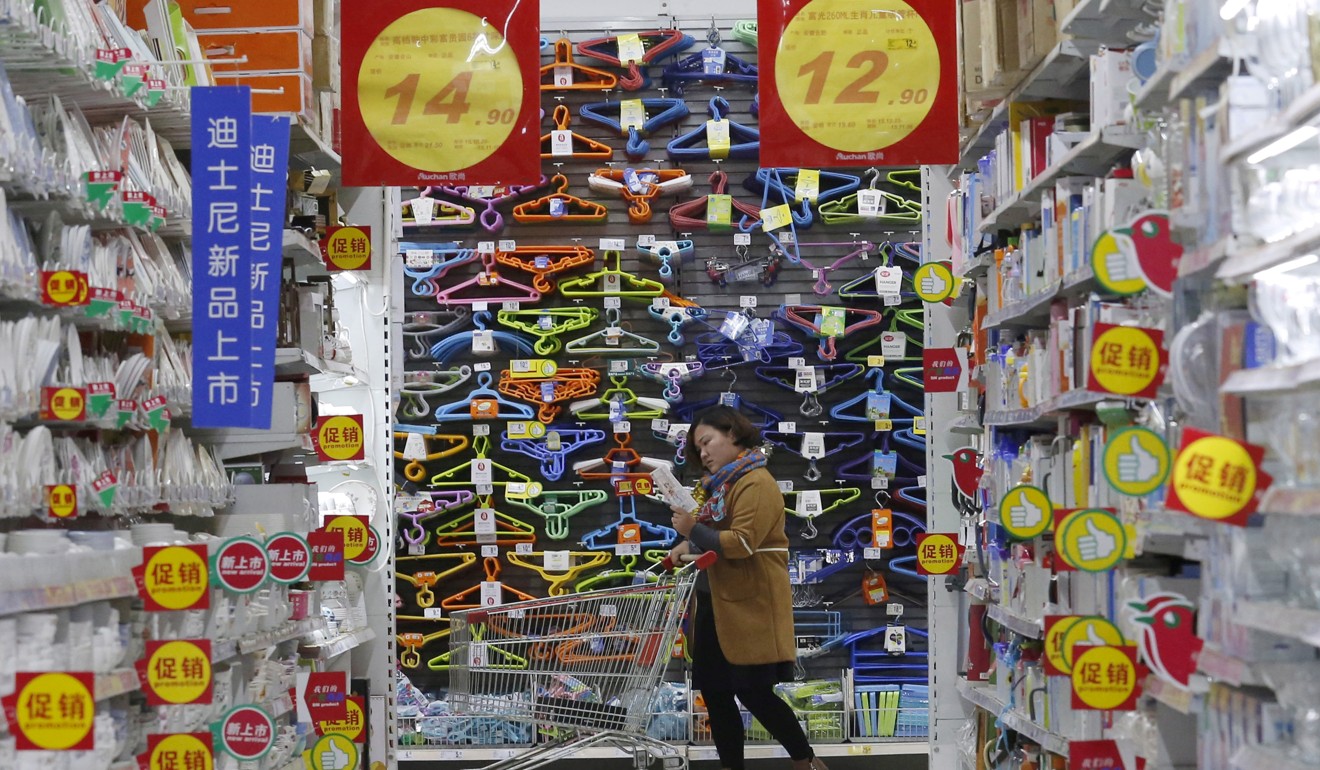
‘Tariff thing no backbreaker’: Matthews Asia fund manager views China sell-off as buying opportunity
Andrew Mattock, whose China Strategy fund has beaten 93 per cent of rivals in the past year, says he isn’t seeking to sell down holdings of Chinese consumer-orientated stocks any time soon
A top-performing fund manager from global asset management firm Matthews Asia refrained from cutting holdings of Chinese stocks amid a sell-off on Tuesday that sent the benchmark gauge to an almost two-year low, calling the escalating trade friction “macro noise”.
Andrew Mattock, a portfolio manager whose oversees the firm’s China Strategy fund that has beaten 93 per cent of peers over the past year, said he is sticking with a portfolio of Chinese consumer stocks from online retailers to life insurers, betting on increased consumer spending by the middle class.
“The tariff thing is not a backbreaker for China’s stock market or China’s economy,” he said in an interview in Shanghai. “We don’t really care very much about the tariff because most of the things we invest in today are along the lines of the development of China‘s economy. It’s all service and consumer. We are not doing anything in terms of adjusting portfolios today.”
Mattock’s conviction stands in sharp contrast with the skittishness of investors who rushed to offload their positions on Tuesday after the Trump administration threatened an additional US$200 billion in tariffs following Beijing’s decision to slap US imports with retaliatory levies. The Shanghai Composite Index was slammed 3.8 per cent lower for the session, ending at its lowest level since September 2016. On Wednesday the index rebounded 0.3 per cent to 2,916.85 after the People’s Bank of China governor Yi Gang called for calm.
Mattock, based in San Francisco, said he has recently been buying a variety of Chinese consumer stocks from property developers, appliance makers and liquor distillers to software developers, airport operators and pharmaceuticals. He declined to name any companies that were added to the fund’s holdings.

“We are very positive on the outlook of China’s consumption,” he said. “China has developed domestic consumption and it’s happening quicker and faster than anyone expected. China’s ability to manage its economy is better than it has ever been, because it’s not reliant on export growth.”
Mattock is not the only one who believes China’s growth is now much less exposed to external demand.
UBS Group said the current tariff plan will have limited affect on corporate earnings, probably chipping away between 0.6 and 1.6 percentage points from earnings growth for non-financial listed Chinese companies.
Mattock’s fund has returned 33 per cent over the past 12 months, with Chinese technology juggernauts Alibaba Group Holding and Tencent Holdings its top two holdings, according to Bloomberg data.
Matthews Asia had US$35 billion in assets under management by the end of May.
“At this point of time and given where we are, we are waiting to see the result,” he said, referring to the bilateral tariff dispute between Washington and Beijing. “So we are not getting more aggressive today than we were yesterday. Apart from a very bad outcome, I can see it has been a buying opportunity.”


